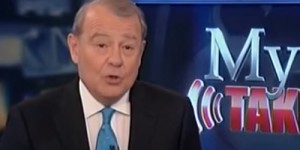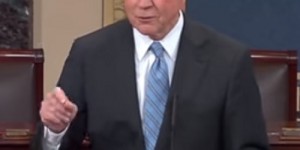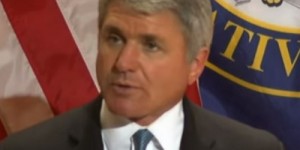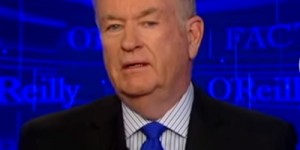Republican Presidential candidate Sen. Marco Rubio tried to draw a distinction between his position on amnesty for illegal and President Obama’s on amnesty but he ended up basically agreeing with the President.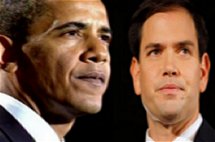
Rubio made the remarks while old spanish-language outlet Univision.
Rubio said, in part:
DACA…applies to young people that arrived in this country at a very young age before they were adults and I don’t think we can immediately revoke that… I’m not calling for it to be revoked tomorrow, or this week, or right away.
“I think it will have to end at some point and I hope it will end because of some reform to the immigration laws,” Rubio said in English.
So Rubio is pledging to carry Obama’s policy: leaving the executive amnesty for DREAMers in place until Congress submits to the order by legislatively ratifying amnesty. After a legislatively ratified DREAM Act, illegal aliens would be able to vote in U.S. elections and bring their relatives to work and collect entitlements in the United States.
The similarity to President Obama’s rhetoric is striking. President Obama told Congress: “if folks are serious about getting immigration reform done [they should be] passing a bill and getting it to my desk. And then the executive actions that I take go away.” Similarly, Obama told George Stephanopoulos after being pressed on his executive amnesty: “Well, my response is pass a bill.”
Given chances to separate his amnesty position from the President’s, Rubio again made differences without distinction with the President.
In the interview, Ramos asked Rubio something that Rubio has not been asked in any of the Presidential debates thus far: “Would a President Rubio revoke Deferred Action and executive action by President Barack Obama?”
Rubio declared that he would not “immediately revoke” Obama’s 2012 executive amnesty for illegal minors [DACA]. “I’m not calling for it to be revoked tomorrow, or this week, or right away,” Rubio announced.
Rubio said:
We have two executive actions. The first was DACA which applies to young people that arrived in this country very young age before they were adults and I don’t think we can immediately revoke that. I think it will have to end at some point, and I hope it will end because of some reform to the immigration laws. It cannot be the permanent policy of the United States but I’m not calling for it to be revoked tomorrow or this week or right away.
By using the phrase “it will have to end at some point,” Rubio is presumably hoping the media will assume that he is drawing a distinction between his policy and Obama’s. But, again, this is precisely the same position as the President’s— namely, that he was forced into issuing an executive amnesty because Congress repeatedly defeated the DREAM Act. Now Rubio is saying that, if elected President, he would not respect the voters’ will on the DREAM Act’s defeat, but would leave the executive decree in place until a legislated amnesty replaced it.
















